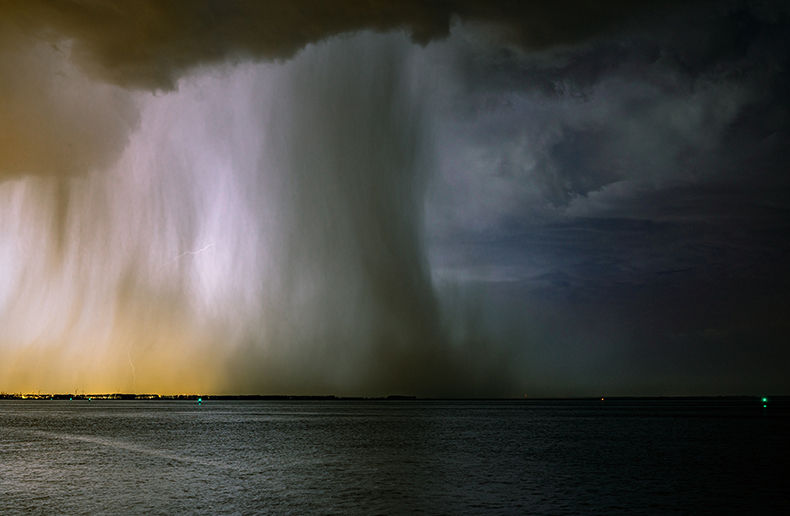Climate change and the frequency and intensity of climate risk “is a clear and present danger” in Canada and one of the main issues the property and casualty industry needs to address, said Don Forgeron, president and CEO of the Insurance Bureau of Canada (IBC).
Forgeron, speaking during a recent webinar put on by Swiss Re, said both the number and intensity of weather events in Canada and globally has increased “the likes of which I have never seen before.”
Last year, the Canadian property and casualty industry saw $2.4 billion in payouts without any single large event, said Forgeron. To this end, governments have been focused almost exclusively on mitigation and adaptation.
People rely heavily on the equity in their homes for the bulk of their retirement income and with floods being the No. 1 threat these days in terms of physical damage to homes, the industry is seeing increased flood damage and the serious financial ramifications for those who live in flood-prone areas, he said.
Patrick Raaflaub, Group Chief Risk Officer with Swiss Re, said climate change is an emerging risk that constantly deals with the unknowns.
Raaflaub said the entire industry is working to remove carbon from the atmosphere in order to reach the goals of the Paris Agreement on climate change. Its goal is to limit global warming to well below 2 degrees Celsius. To achieve this long-term temperature goal, countries aim to reach global peaking of greenhouse gas emissions as soon as possible to achieve a climate neutral world by mid-century.
Removing carbon from the atmosphere
Raaflaub said reaching these goals means removing 120-160 gigatons of carbon from the atmosphere until 2050. This corresponds to 20 per cent of global emissions of one year until the year 2090.
The solutions, he said, are a dynamic field of technology, but is also in its infancy stage. In fact, he said, the only place this kind of technology works for sure is in the lab.
The next phase is to continue to develop these technologies to the point where they are scalable.
While the work is challenging, the industry of carbon remove could be as big as the entire oil and gas industry is today,” he said.
“That is not an unrealistic expectation and it gives you an order of magnitude of an industrial sector,” said Raaflaub. “We can be a pioneer in this field.”
Cybersecurity risk
Another big issue in Canada is cybersecurity, a growth area both in terms of risks and a potential market. There is no question that working from home during COVID-19 has increased both of those, said Forgeron. The Canadian Federation of Independent Business (CFIB) said nearly a quarter of small businesses have experienced cyberattacks since March 2020. Relative to the whole economy, this means that about 61,000 small- and mid-sized businesses were victims of cyberfraud last year. Most of the businesses say the cyberattacks came through email scams and phishing attempts and half came through malicious software.













